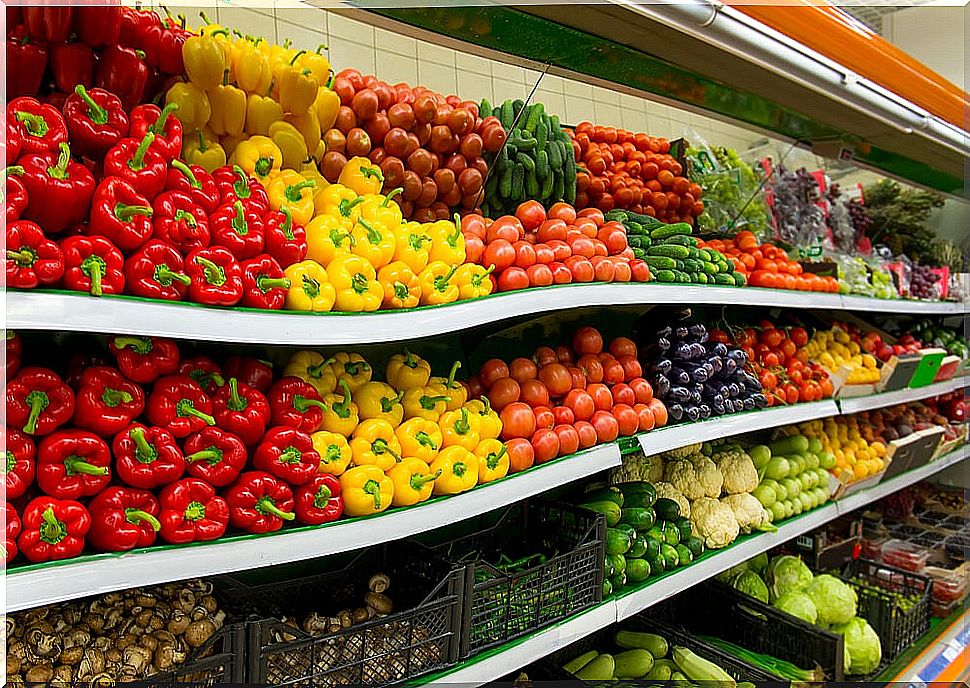Legal Aspects Of Maintenance Obligation And Right

Within family law there are a series of rights and obligations that its members may demand and must fulfill. One of them is the so-called maintenance obligation, which actually implies both rights and obligations.
This obligation binds one or more relatives obliged to provide maintenance with others with the right to receive it. They are close relatives or spouses who must provide everything necessary to satisfy the vital needs of their relatives. There is talk of debtors and creditors.
Next, we will see some elements to better understand the legal aspects of the obligation and right to maintenance. This regulation is carried out at the national and international level.
Maintenance obligation between relatives
The legal term used for the obligation and right to maintenance in Spanish law is ‘Obligation of maintenance between relatives’. This obligation is regulated by the Civil Code in articles 142 to 153, title VI of Book I. The name used is not entirely correct, since, on the one hand, the obligation is not exactly between ‘relatives’.

Indeed, the obligation and right to maintenance concerns only relatives in direct line, such as parents, children and siblings, and also includes spouses who, despite being close, are not related. On the other hand, it is not only about maintenance, since the legal concept refers to maintenance in general.
A regulation that is back in force
The obligation of maintenance between relatives was little in force for many years, absorbed by other legal figures related to maintenance, mainly, regarding the duty of parents with their minor children. However, in recent decades it has become valid again.
This evolution is due to the current sociodemographic reality, which shows, on the one hand, an increasing aging of the population. The fact that there are more and more older people has as a consequence that a significant sector of the population incurs in some form of dependency.
On the other hand, many young people currently have great difficulties in becoming independent from their parents. This occurs, mainly, because their incorporation into the labor market is later – due, in part, to the extension of their studies – and because of the lack of affordable housing.
Finally, the increase in divorces also affects the validity of the maintenance obligation between relatives. Indeed, there are more and more children who must claim support from one of their parents, even after they are of age.
Definition of the obligation and right to maintenance
The obligation of maintenance between relatives is one that relates one or more persons obliged to provide maintenance (in the broad sense) with those who need it and have the right to request it. It is fundamentally about your close relatives: children, parents, siblings or spouses, either by birth or adoption.
The objective of this obligation is that the ‘debtor’ relatives provide the ‘creditors’ with everything necessary to satisfy their vital needs. This concept is based on family solidarity in the face of the need of one of its members.
This need, generally, occurs as a result of some type of failure in the attempt to satisfy their own needs or of some physical or mental disability.

It can be, for example, a situation of unemployment, illness, or any other that prevents a person from supporting himself on his own. For his part, the ‘obligee’ must have a sufficient socioeconomic situation to be able to fulfill this obligation.
Characteristics of the obligation and right to maintenance
The maintenance obligation is imposed and regulated by law, so the will of the parties has no place. The only right that the ‘obligor’ has is to choose the modality that suits him. You can, for example, pay a pension that has been previously fixed according to your possibilities, or take in and keep the needy in your home.
Only people who have been legally determined as creditors or debtors can demand or are obliged to provide maintenance. This means that the maintenance obligation is personal, non-transferable and inalienable.
The right to request food is also imprescriptible in time. Which means that the relative who needs them can exercise that right at any time.










